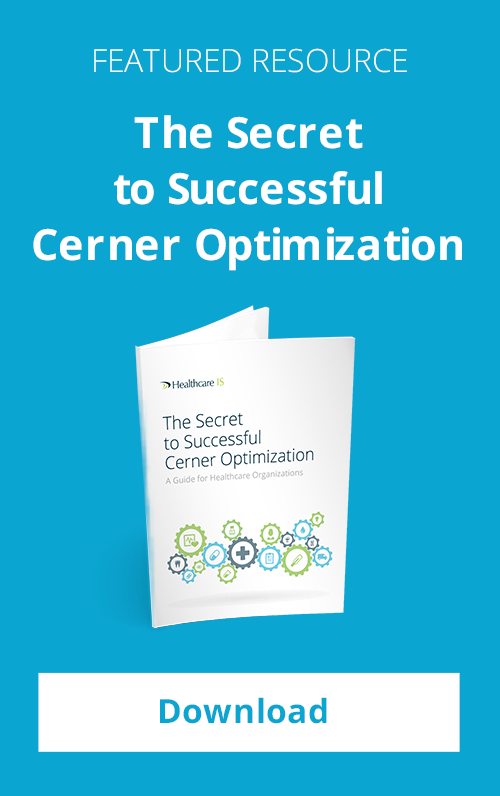 If you’re looking to get into consulting as a contractor (someone who gets paid an hourly rate while on projects but is not paid in between), then you have to understand the difference between getting your first contract and getting every other contract after that.
If you’re looking to get into consulting as a contractor (someone who gets paid an hourly rate while on projects but is not paid in between), then you have to understand the difference between getting your first contract and getting every other contract after that.
When you’re looking for your first contract, you can have a “perfect” standard for what you’re looking for and you really don’t have to budge (assuming you understand market conditions).
However, once you’re in contracting, although you want to maintain a high standard, there may be times when you’ll need an understanding of what’s not necessarily “perfect” but certainly “acceptable.” Let me discuss the difference . . .
Your First Contract
If you’re not currently contracting, then you’re probably in a salaried position with either a provider organization or another consulting firm. In both of these scenarios, you have a regular paycheck coming in. As you begin to evaluate consulting contract opportunities, you’re doing so as an employee of a company while you’re receiving a paycheck. The luxury you have at this time is that if you don’t like any of the aspects or conditions of a contract being presented to you, you simply don’t have to take the contract. As a salaried employee you have this luxury because, if you turn the contract down, you still have a job and a regular paycheck. It’s during this time that you can afford to be as selective as you’re ever going to be when choosing a contract. So, if the compensation is a little less than ideal, if the work is not to your liking, or if the required travel is extremely inconvenient, you can just turn the contract down and wait for the next one.
Your Second Contract
Let’s look down the road. You’re now working as a contractor on your first project. You’ve had a really good experience. You have 30 days left on your contract and the client has just informed you that they’re not going to be extending the contract. This is not a bad thing; it’s just how the contract business works. All contracts come to an end at some point. Now you begin to put your feelers out to multiple firms, just as you did when you were looking to get into contracting to begin with. Soon, potential contracts begin to come your way. Now, here’s the difference: Thirty days from now your contract will be over and you won’t have a paycheck coming in. Although everyone’s financial situation will be a little different, you will quickly be coming to the point where you will have to accept some contract.
Prior to getting into contracting, you were able to say to yourself, “I either get close to a perfect situation or I won’t leave my job.” Now you’re in a situation where, if you wait for a close-to-perfect situation and don’t find one, you’ll not be getting paid while you wait!
This is a big difference, and many contractors are not mentally prepared for it. What I mean by this is that they pass up on some contracts that offer good situations, but may not be perfect, and end up being on the “bench” with no paycheck for a few weeks longer than they should’ve — only to eventually accept a similar “good” contract a month later. The only difference is that the contractor gave up a month’s pay (this example assumes the contractor wants to work and not be on vacation).
Having a realistic view as to what’s “acceptable” (not bad) but not necessarily “perfect” will lead to less bench time and more billable hours. This, of course, leads to more income, year to year, and can certainly affect how long you’ll remain a contractor.


Comments